On the afternoon of November 4, 2024, the “Meet SDGs” High-end Forum No.9- Navigating Climate Overshoot: Advancing Negative Emission Technologies and the Governance of Solar Radiation Modification (SRM)” was successfully held in the Auditorium Hall of the School of the Environment at Tsinghua University and co-hosted by the Institute of Sustainable Development Goals of Tsinghua Univeristy (TUSDG), the School of Environment of Tsinghua University, Schwarzman College of Tsinghua University and Climate Overshoot Commission.
This forum was delivered by Pascal Lamy, former Director-General of the World Trade Organization and Chairman of the Climate Overshooting Commission; Xue Lan, Director of TUSDG and Dean of Schwarzman College, Tsinghua University delivered a opening speech; Wang Can, Chair of School Council and Professor of School of Environment, Tsinghua University, and Vice Director of TUSDG participated in the penal discussion; and Zhang Jianyu, Chief Development Officer of Belt and Road Initiative Green Development International Coalition and Executive Director of BRI Green Development Institute, hosted the forum. The forum was attended by more than one hundred teachers and students from different fields. Before the meeting, Zhu Xufeng, Dean of School of Public Policy and Management of Tsinghua University and Executive Director of TUSDG, met with Lamy with the guests.

Xue Lan delivered the opening speech
In his opening speech, Xue Lan welcomed Lamy and his delegation on behalf of the organizers, introduced the important role of the Climate Overshoot Commission in global climate governance, and emphasized that global climate governance requires not only active participation of governments, but also extensive international cooperation to ensure that technologies and policies can take into account the needs and interests of different countries, especially developing countries. Meanwhile, Tsinghua University will continue its commitment to global climate governance and contribute more wisdom and programs for the future by empowering the youth.
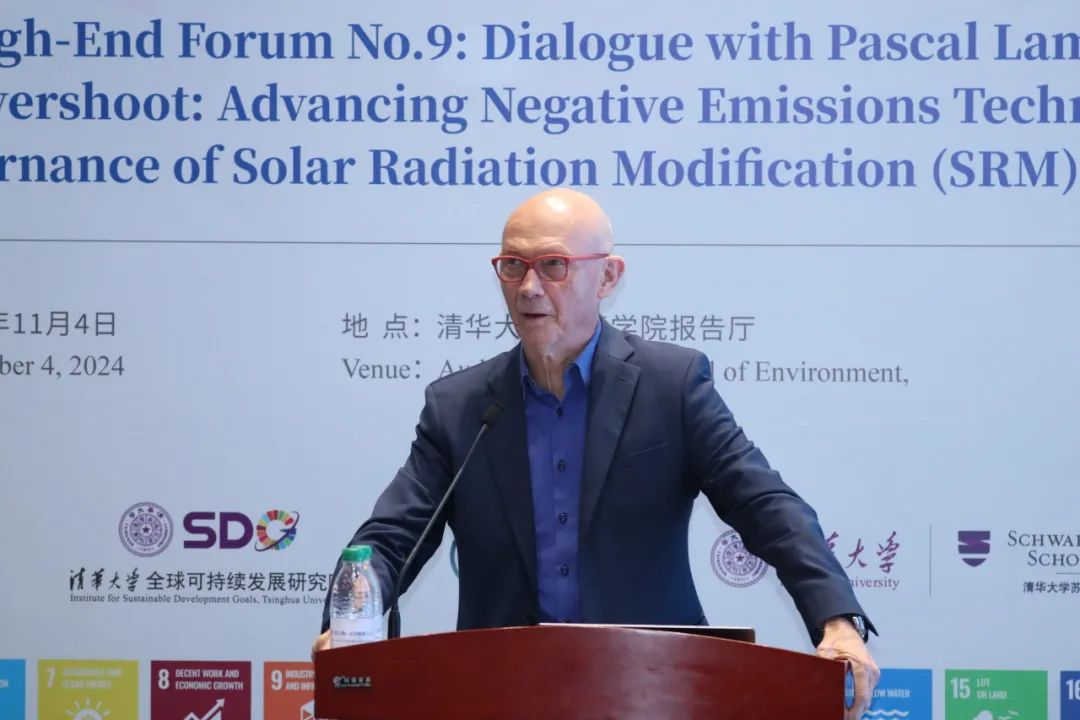
Keynote speech by Pascal Lamy
Pascal Lamy delivered a keynote speech entitled “Global Climate Governance and the Prospects for Negative Emission Technologies”. He first introduced the background of the Climate Overshoot Commission and elaborated on the composition of its members, emphasizing the cooperation on climate governance among countries from different continents, especially between developed and underdeveloped countries. He noted that the Climate Overshoot Commission brings together experts from across the globe and pays particular attention to the voices of developing countries to ensure that all interests are represented in global climate governance.
Lamy elaborated on the four aspects of the CARE Agenda. He emphasized that in the area of cutting emissions (C), developed countries should take more responsibility and take the lead in achieving net-zero emissions as an additional contribution they should make in global climate governance. And in the area of boosting adaptation measures (A) and enhancing carbon dioxide removal (R), he emphasized the need for international technology sharing, noting that these challenges cannot be solved by a single country on its own, but must rely on cooperation and technology exchange on a global scale. Regrading exploring solar radiation modification (E), Lamy noted that this technology, while potentially valuable, remains controversial. There is still a lot of hesitation among countries around the world as to whether or not this technology should be turned on, and many fear that it could be a move to open a “Pandora's box”. Lamy emphasized that discussions on solar radiation modification were still ongoing, with all parties weighing the potential risks and benefits.
Looking ahead to the work of the Climate Overshoot Commission, Lamy noted that, while there is currently progress in cooperation between countries, it is still far from adequate. He argued that simply achieving net-zero emissions is not enough to combat climate change, even though many believe it is already the key to solving the problem. However, climate change is a long-term process, and there are significant differences in the perception of its impacts between countries in the North and South, so more understanding and coordination is needed in global cooperation. Finally, Lamy talked about the critical importance of cooperation between different universities in the field of climate governance. Universities are not only at the forefront of research and technological innovation, but also play an important role in advancing the SDGs by preparing future global leaders.
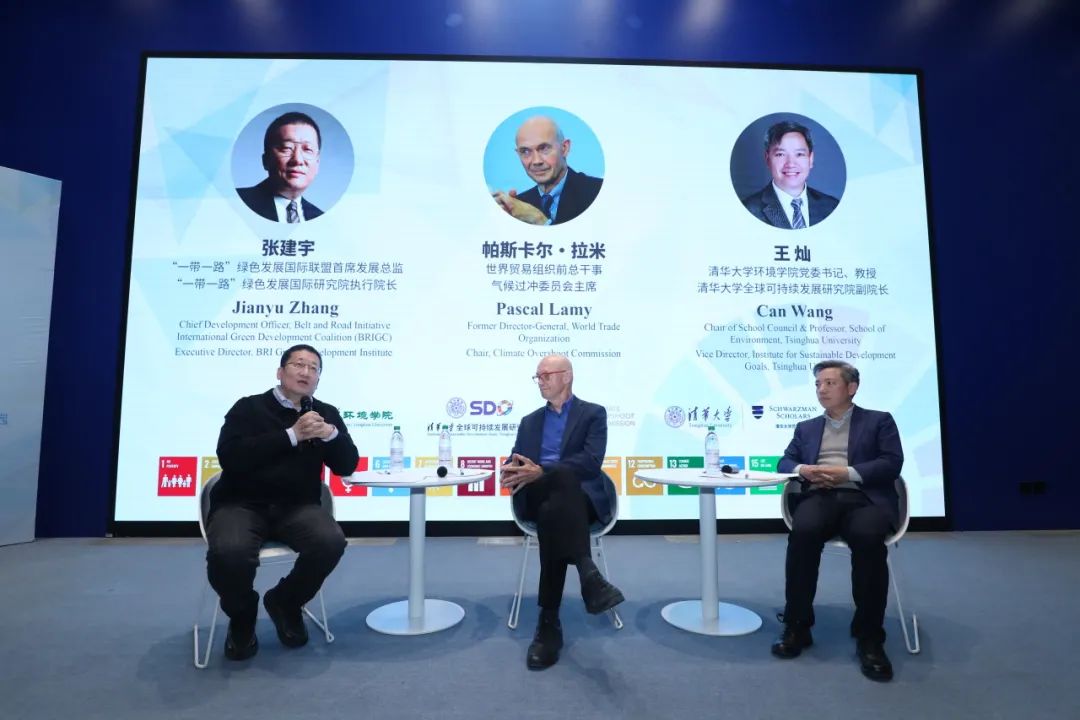
Panel Discussion
In the panel discussion, Wang Can, Pascal Lamy and Zhang Jianyu had an in-depth discussion on negative emission technologies and the implementation and governance of solar radiation interventions, respectively. Lamy emphasized the importance of international cooperation in addressing climate change. He pointed out that despite the shortcomings of the current international cooperation, the world has made remarkable progress in the field of climate governance in the past 10 to 15 years. In addition, Lamy mentioned that the current global economic and financial system needs to be transformed, especially for developing countries, which need more economic opportunities to support climate change transformation in order to help them gain greater support and motivation in the process of realizing the Sustainable Development Goals (SDGs). In his discussion, Wang Can highlighted the critical role of technology in achieving climate goals. He argued that the application of any new technology should focus on its contribution to climate goals and international cooperation. At the same time, Wang Can pointed out that economic transformation also brings huge costs, especially in the development process, it is necessary to balance the relationship between the needs of economic development and the actual situation on the ground, to ensure that the sustainability of regional development is taken into account while addressing climate change. Zhang Jianyu, on the other hand, expressed his views from the perspective of the technology itself, noting that technology should remain neutral and become a common asset for all humankind, and should not only serve the interests of specific countries or regions. He emphasized that the diffusion and sharing of climate technologies will help to advance the achievement of global climate goals and enable technological innovation to support sustainable development in all countries.
The forum provided participants with new perspectives and cutting-edge messages in the field of global climate governance through in-depth exchanges among experts and scholars.
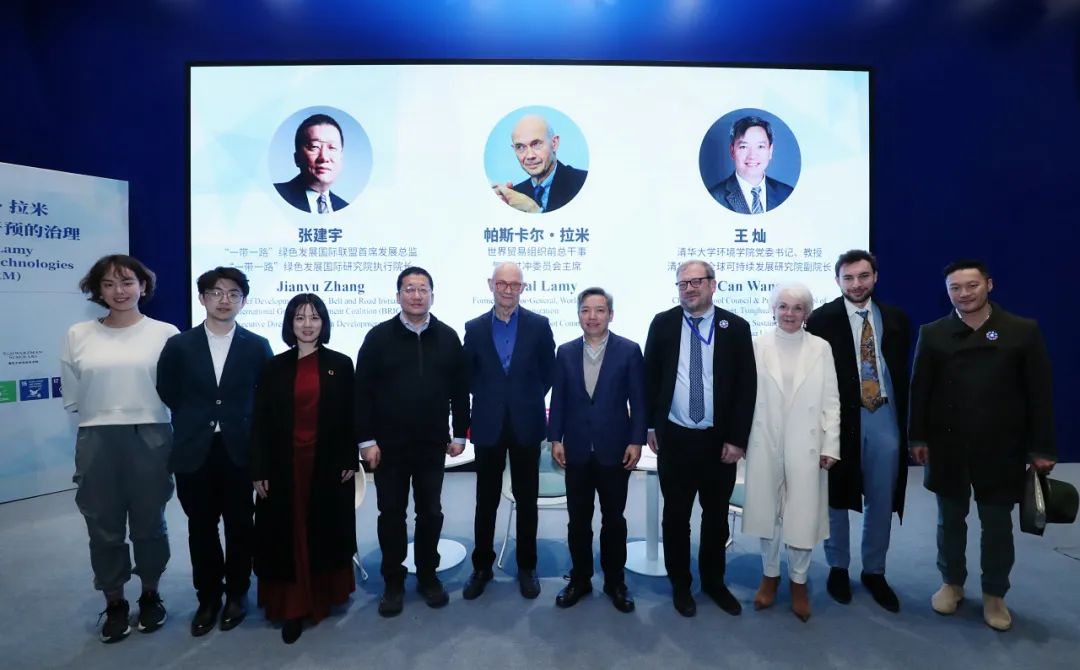
Group Photo of Guests
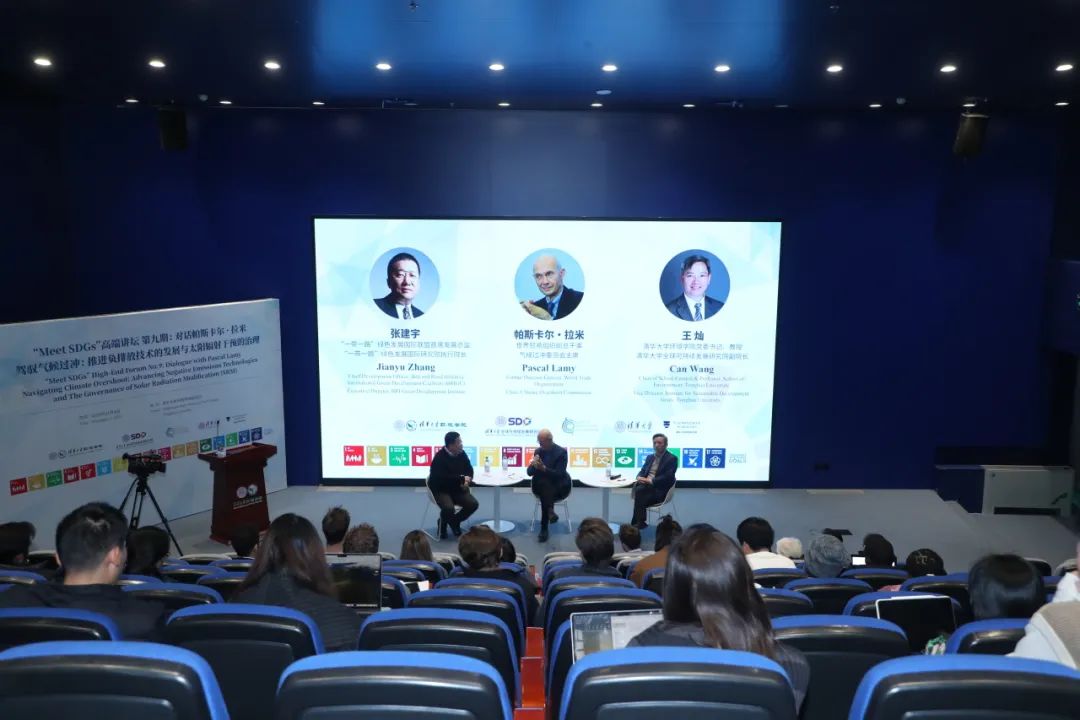
The Scene of the Forum
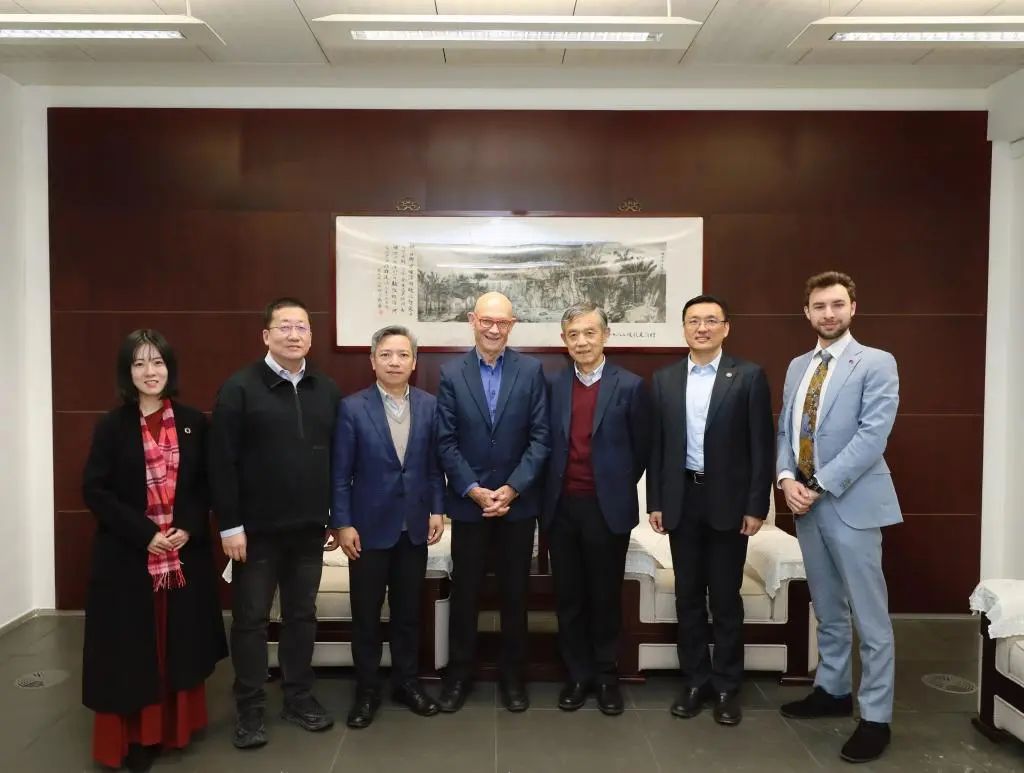
Pre-forum Group photo

